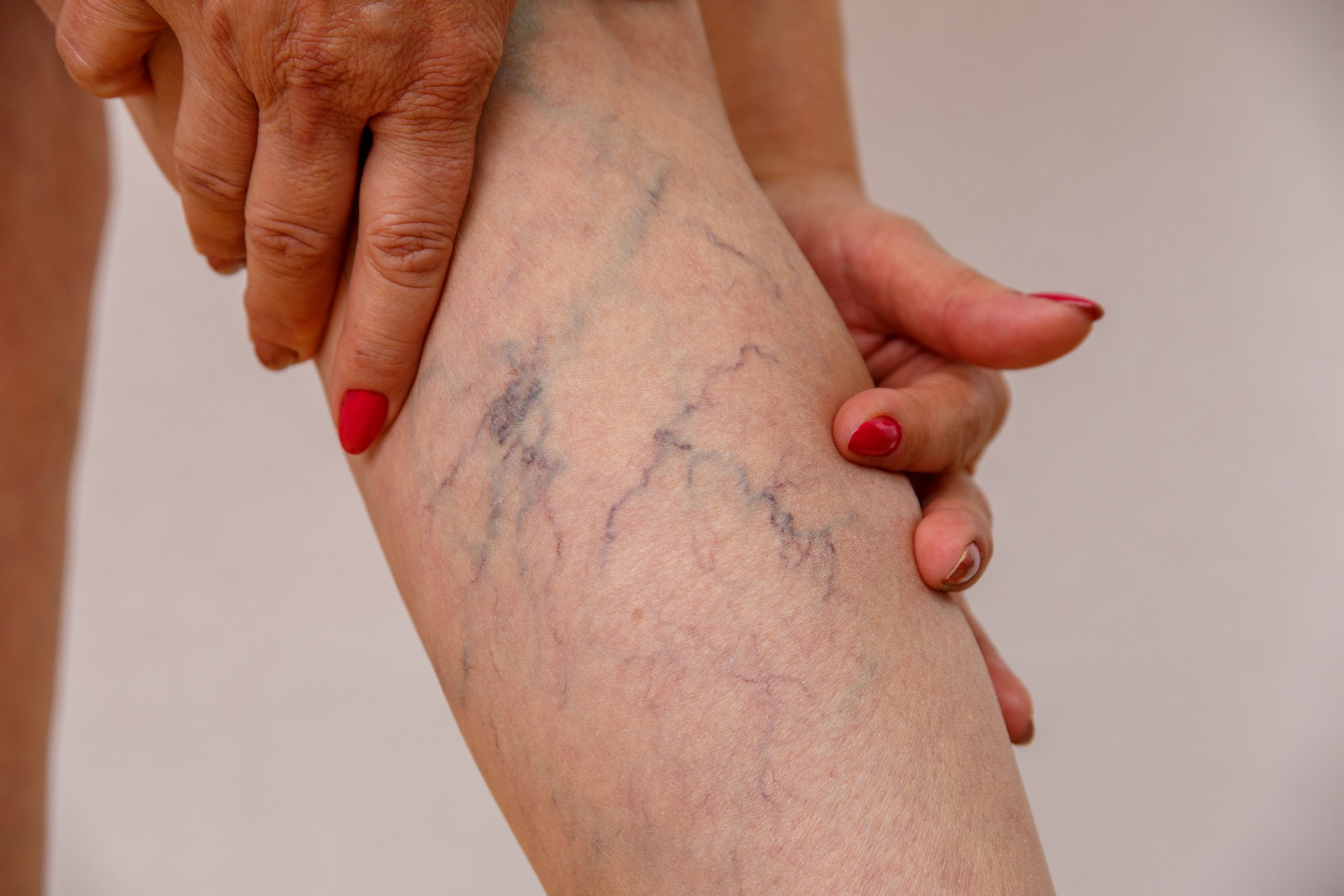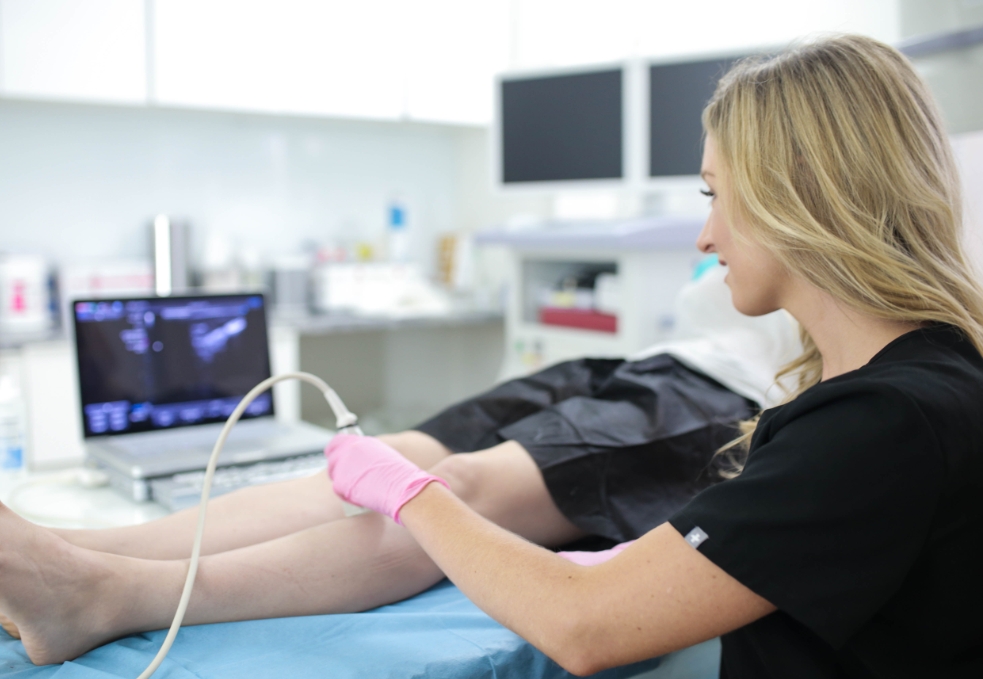What is the Primary Purpose of A Vein Clinic?
What does a vein clinic do? Vein clinics play a crucial role in the healthcare landscape, but many people may not be entirely sure about what they do or what to expect when they visit one. In this article, we will delve into the primary purpose of a vein clinic, explore the services they offer, and shed light on the medical professionals who work there, often referred to as vein doctors.
What is a Vein Clinic?
A vein clinic is a specialized medical facility dedicated to diagnosing and treating various venous disorders, with a primary focus on conditions affecting the veins in the legs. These clinics are staffed by medical experts who specialize in venous diseases and their management.

The Primary Purpose of a Vein Clinic
The primary purpose of a vein clinic is to provide comprehensive care for individuals experiencing problems with their veins. This care typically involves three key aspects:
- Diagnosis: One of the main functions of a vein clinic is to accurately diagnose venous disorders. Patients often visit a vein clinic when they experience symptoms such as pain, swelling, or the appearance of varicose or spider veins. Vein specialists use various diagnostic tools, including ultrasound imaging, to assess the condition of the veins and identify any abnormalities.
- Treatment: Once a diagnosis is established, vein clinics offer a range of treatment options to address venous issues. The specific treatment recommended depends on the nature and severity of the condition. Common treatments include compression therapy, endovenous laser treatment (EVLT), radiofrequency ablation (RFA), sclerotherapy, and, in some cases, surgical procedures.
- Education and Prevention: Vein clinics also have an educational role. They inform patients about venous disorders, their causes, and risk factors. Additionally, they provide guidance on lifestyle changes and preventive measures to minimize the risk of developing venous problems or worsening existing conditions. This may include advice on exercise, diet, and wearing compression stockings.
What Services Does a Vein Clinic Offer?
Vein clinics offer a wide range of services aimed at addressing venous issues and improving the overall vascular health of their patients. Some of the services commonly provided include:
- Consultations and Assessments: Vein specialists conduct thorough evaluations to assess a patient's venous health, taking into account their medical history and symptoms.
- Diagnostic Imaging: Vein clinics use advanced imaging techniques like Doppler ultrasound to visualize blood flow in the veins and identify abnormalities.
- Non-Invasive Treatments: Many venous conditions can be effectively treated without surgery. Vein clinics offer non-invasive treatments such as compression therapy and minimally invasive procedures like EVLT and RFA.
- Sclerotherapy: This procedure involves injecting a solution into the affected veins, causing them to collapse and fade away. It is commonly used for spider veins and smaller varicose veins.
- Surgical Interventions: In cases of severe venous disease, surgical interventions such as vein ligation and stripping or phlebectomy may be necessary. Vein clinics are equipped to perform these procedures when needed.
- Follow-Up Care: Vein clinics provide ongoing care and follow-up appointments to monitor progress and make any necessary adjustments to treatment plans.

What is a Vein Doctor Called?
A vein doctor, often referred to as a "phlebologist," is a medical specialist who focuses on the diagnosis and treatment of venous disorders. These healthcare professionals are typically board-certified in phlebology, which is the medical discipline that deals with vein diseases. Vein doctors are highly trained and experienced in identifying and managing various venous conditions, from common issues like varicose veins to more complex cases involving deep vein thrombosis.
In addition to phlebologists, other medical specialists, such as vascular surgeons and interventional radiologists, may also work in vein clinics, providing a multidisciplinary approach to venous care.
In conclusion, the primary purpose of a vein clinic is to diagnose, treat, educate, and prevent venous disorders. These specialized medical facilities offer a range of services to address various venous issues, and the healthcare professionals who work there, often known as vein doctors or phlebologists, play a vital role in improving the vascular health and quality of life for their patients. If you are experiencing symptoms related to your veins, seeking evaluation and treatment at a vein clinic can be a crucial step toward better health and well-being.
Comments
Post a Comment